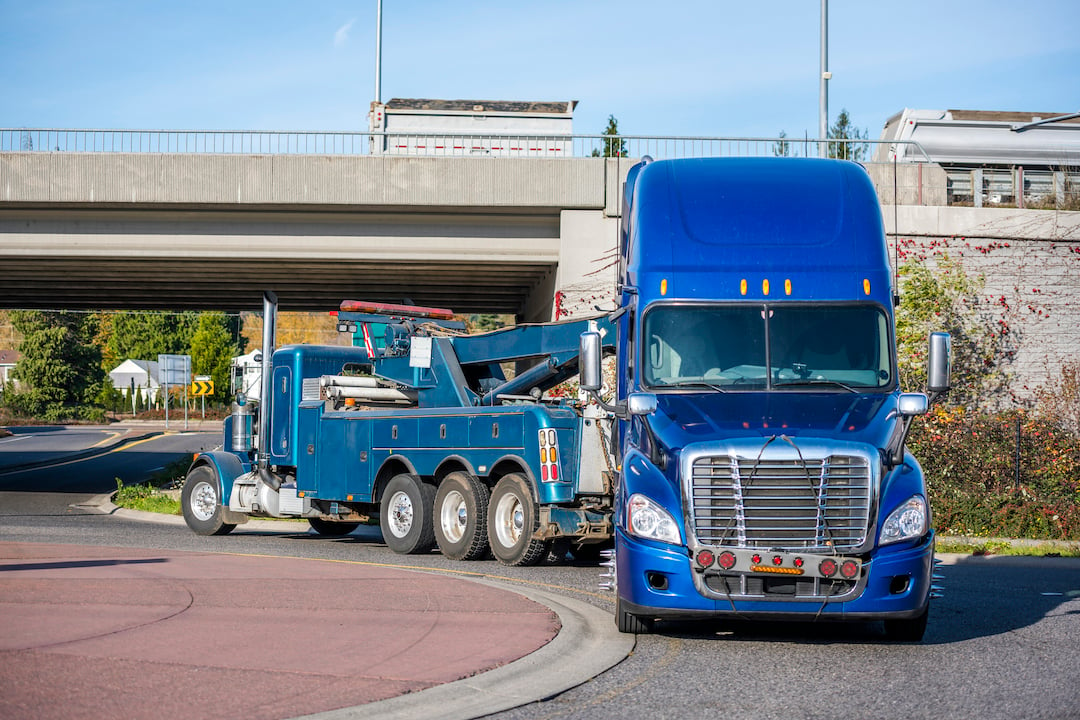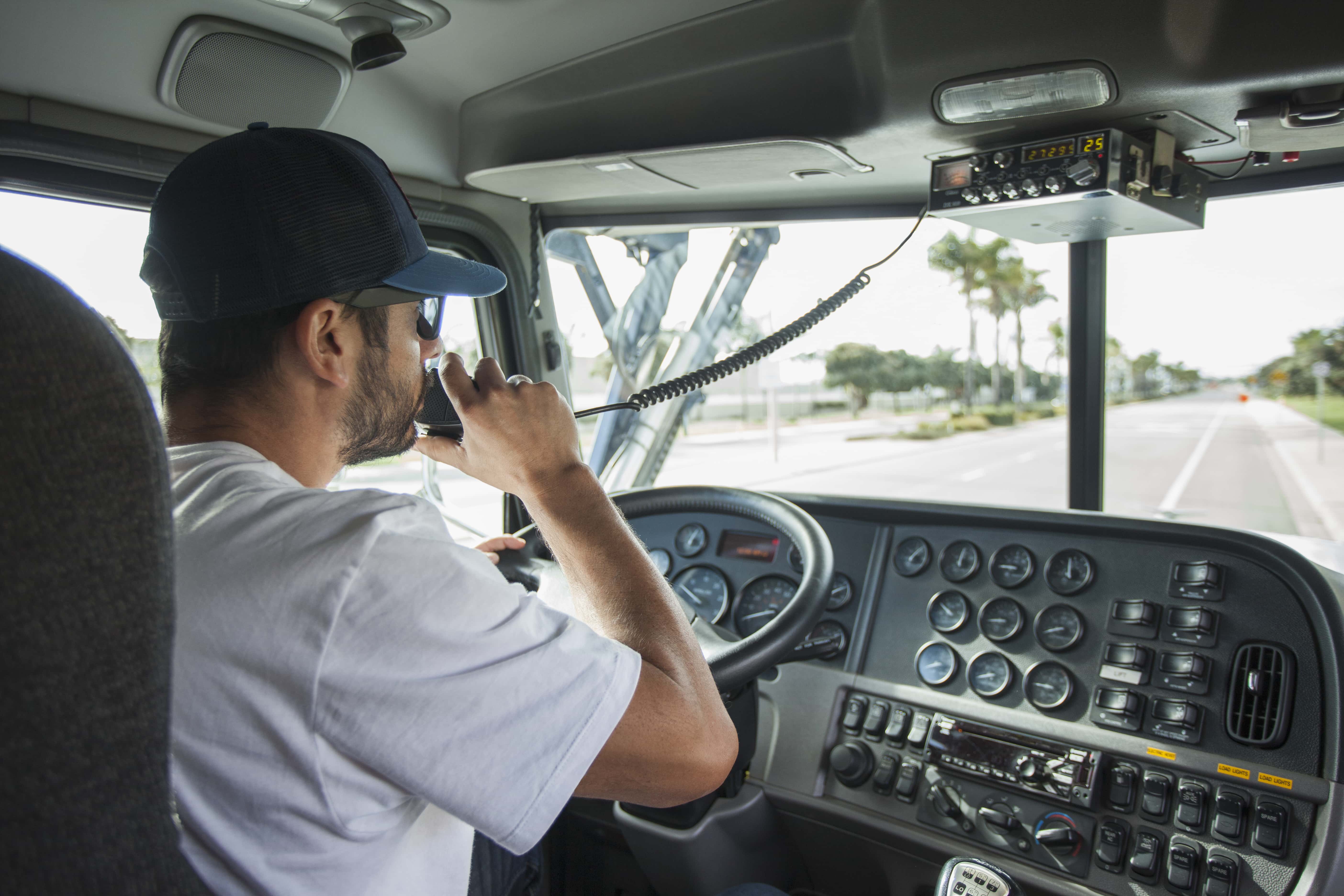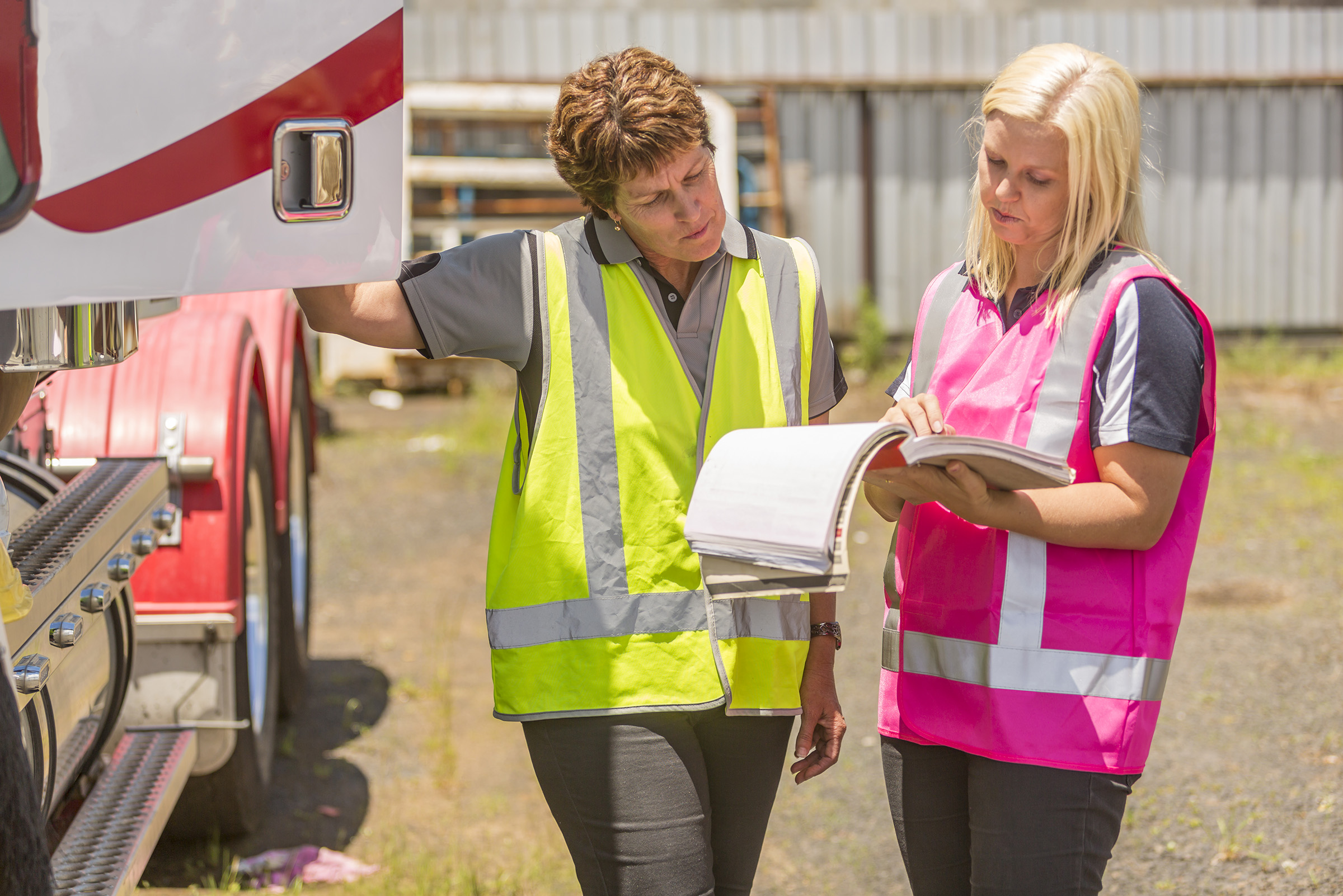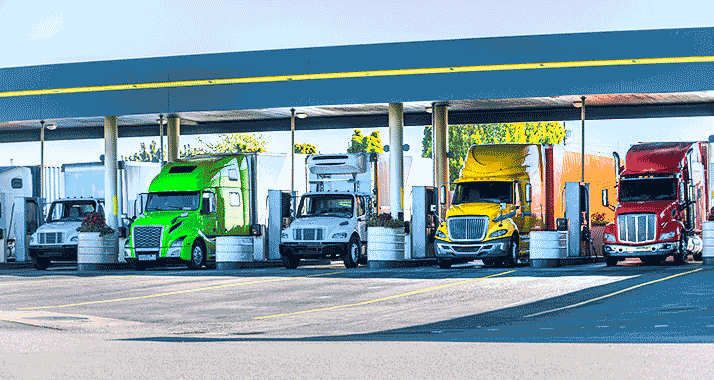The Impact of Truck Driver Appreciation: Why Saying “Thank You” Matters
Drivers play a vital role in keeping freight moving and businesses running, yet their work often...

Great West |
Drivers play a vital role in keeping freight moving and businesses running, yet their work often...

Great West |
In the trucking industry, a simple slip while climbing into a cab or a strain from securing cargo...

Great West |
Risk is part of every trucking operation. From driver safety to equipment reliability, fleet...

Great West |
Not all insurance is created equal, especially when you’re running your own rig. The wrong...

Great West |
...

Great West |
Before pursuing new business opportunities, it is important for a motor carrier to evaluate...

Great West |
Taking a holistic approach to safety focuses on three key elements of a motor carrier’s...

Great West |

Great West |
HOW CAN I MAKE MY SAFETY MEETINGS MORE EFFECTIVE?

Great West |
Pandemic or not, we live in a VUCA world. VUCA is an acronym that stands for volatile,...

Great West |
Railroad crossing incidents have steadily declined in the United States since the early...

Great West |
As diesel prices continue to rise, motor carriers are seeking ways to reduce their fuel expenses.
...